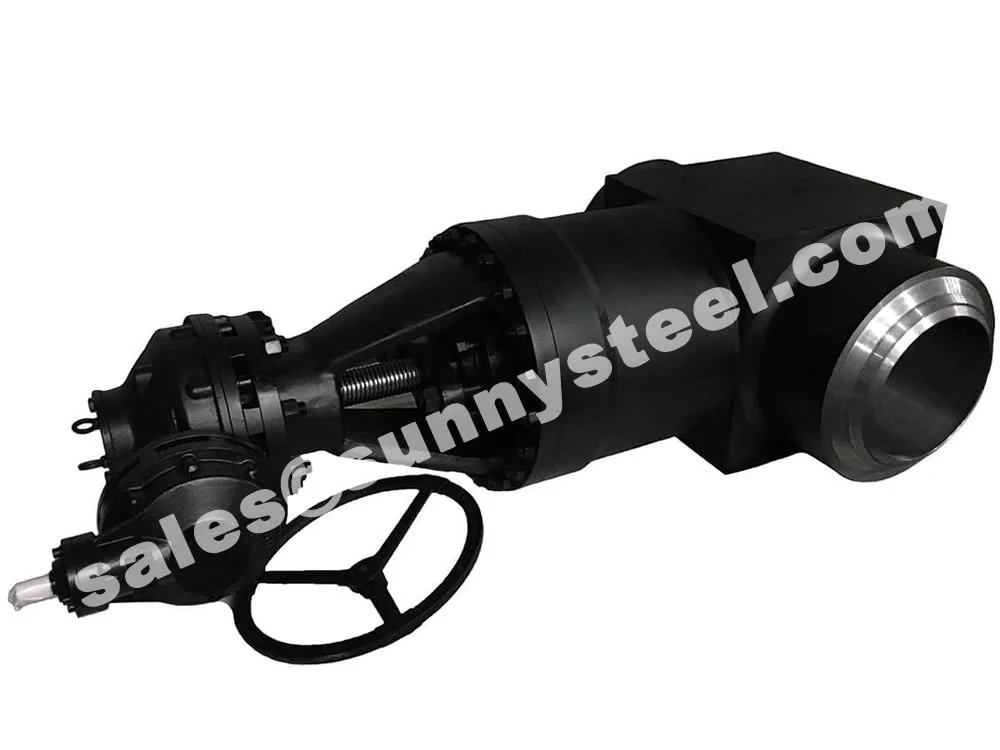
Parallel gate valves are used to control the flow pressure while wedge gate valves are most commonly used and allow for fluids to be tightly shut off.
Parallel gate valves are used to control the flow pressure while wedge gate valves are most commonly used and allow for fluids to be tightly shut off.
Parallel Gate Valves feature two parallel gate surfaces that slide between matching seats. They are designed for reliable on/off service in high-pressure and high-temperature pipelines, widely used in oil, gas, and petrochemical industries.
Complies with API 6D or ASME/ANSI standards, covering design, materials, manufacturing, testing, and documentation for pipeline applications.
Parallel Gate Valve uses two flat, parallel gate surfaces that slide between matching seats, providing minimal friction and suitable for bi-directional flow.
| Component | Material Options (Typical) | Notes |
|---|---|---|
| Body & Bonnet | Carbon Steel / Stainless Steel | Depends on pressure and medium |
| Gate / Disc | Stainless Steel / Hard-faced Alloy | Metal-to-metal sealing for durability |
| Stem | Stainless Steel / Alloy Steel | Rising or non-rising stem options |
| Seat | Metal or Soft PTFE | Ensures bubble-tight shutoff |
| Bonnet Bolting | Alloy Steel / Carbon Steel | Maintains pressure integrity |
The Parallel Gate Valve is a robust isolation valve designed for reliable on-off flow control in high-pressure pipeline applications, optimized for oil, gas, and slurry systems. Featuring a flat, parallel gate design, this Industrial Gate Valve ensures tight sealing and unobstructed flow, making it ideal for through-conduit applications that require pigging. Constructed from forged ASTM A216 WCB carbon steel or A351 CF8M stainless steel, it offers exceptional corrosion resistance with coatings like epoxy or 3LPE, suitable for harsh environments up to PN420 (Class 2500) and temperatures to 425°C in refineries, gas processing, and mining operations.
Manufactured with precision forging and heat treatment, the Parallel Gate Valve complies with API 6D and ASME B16.34 standards, undergoing 100% non-destructive testing (RT, UT, MT, PT) to ensure structural integrity. Available in sizes from 2" to 48" (DN50 to DN1200) with flanged or butt-weld ends per ASME B16.5/B16.25, it supports manual or actuated operation with an outside screw and yoke (OS&Y) rising stem for clear position indication. The parallel gate, often hard-faced with Stellite #6, provides abrasion resistance against slurries and bidirectional sealing, achieving Class VI shutoff per API 598. Hydrostatic shell tests at 1.5x rated pressure confirm tensile strengths above 485 MPa, ensuring durability under high-pressure cyclic loading.
The Pipeline Isolation Valve features a full-bore, through-conduit design that minimizes pressure drop (Cv up to 20,000), optimizing flow efficiency in long-distance pipelines. Its Corrosion Resistant Gate Valve properties, enhanced by optional NACE MR0175 compliance for sour service, protect against H2S, chlorides, and other corrosive media in offshore or buried applications. Optional features like double-block-and-bleed (DBB) and cavity relief systems enhance safety in high-pressure gas or liquid systems. Face-to-face dimensions align with API 6D, ASME B16.10, and BS EN 558, ensuring seamless integration into existing pipelines.
Compared to wedge gate valves, the Parallel Gate Valve excels in handling abrasive media like slurries without clogging, and its through-conduit design supports pipeline pigging, unlike traditional gate valves. It offers 3-5 times longer service life in High Pressure Gate Valve applications due to its robust flat gate, which minimizes wear under heavy loads. Customizable with pneumatic or electric actuators for automation, it suits remote operations in gas transmission or crude oil pipelines. Compliance with API 6FA for fire safety and SIL 3 for critical systems ensures reliability in hazardous environments.
Addressing challenges like pipeline erosion, high-pressure leakage, and maintenance in abrasive flows, the Parallel Gate Valve incorporates self-cleaning gates and secondary seals for enhanced safety. Its value-engineered design reduces lifecycle costs, making it a cost-effective choice for engineers seeking durable Pipeline Isolation Valve solutions. Whether isolating flow in upstream oil production or managing slurry transport in mining, the Parallel Gate Valve delivers unmatched performance, reliability, and compliance for global industrial needs.
Engineered for high-pressure pipeline isolation with parallel gate design and corrosion resistance.
Gate valves have a simple design, widely used in low pressure-drop services. Their full-port design ensures unobstructed flow and no pressure drop, while also allowing pipeline cleaning with a pigging system.
A resilient seated gate valve with a non-rising spindle consists of the following parts. The body is the largest element of the valve, with the bonnet bolted for cleaning and maintenance. The wedge slides down to press the valve seat for complete shutoff and moves upward to allow flow. Over the last century, the construction has remained consistent, with improvements in service life, sealing performance, and corrosion resistance.
Modern gate valve bodies are more compact and sleek, enabling installation in limited space conditions while maintaining durability and efficiency.
Moves vertically to open or close, sealing against the seat for shutoff.
Made of ductile iron, it is the main housing that contains the fluid flow.
Ensures tight sealing when the wedge presses against it.
Transfers rotational motion to vertical movement of the wedge.
Supports the stem to reduce wear during operation.
Bolted to the body for easy cleaning and maintenance access.
Provides sealing around the stem to prevent leakage.

| Organization | Standard | Description |
|---|---|---|
| ANSI | American National Standards Institute | General industrial standards |
| API | American Petroleum Institute | Standards for oil and gas industry |
| ASME | American Society of Mechanical Engineers | Boiler and pressure vessel codes |
| BS | British Standards | UK national standards |
| GB, JB, HG | China Valve Standards | Chinese national and industry standards |
Upstream, midstream, and downstream operations, including drilling, refining, and transportation.
Handling corrosive and hazardous chemicals in various chemical plants.
Steam, water, and fuel systems in thermal, nuclear, and hydroelectric plants.
Municipal water supply, wastewater treatment, and industrial water management.
Heating, ventilation, and air conditioning systems in commercial and industrial buildings.
Sterile and hygienic applications, precise flow control in sensitive industries.
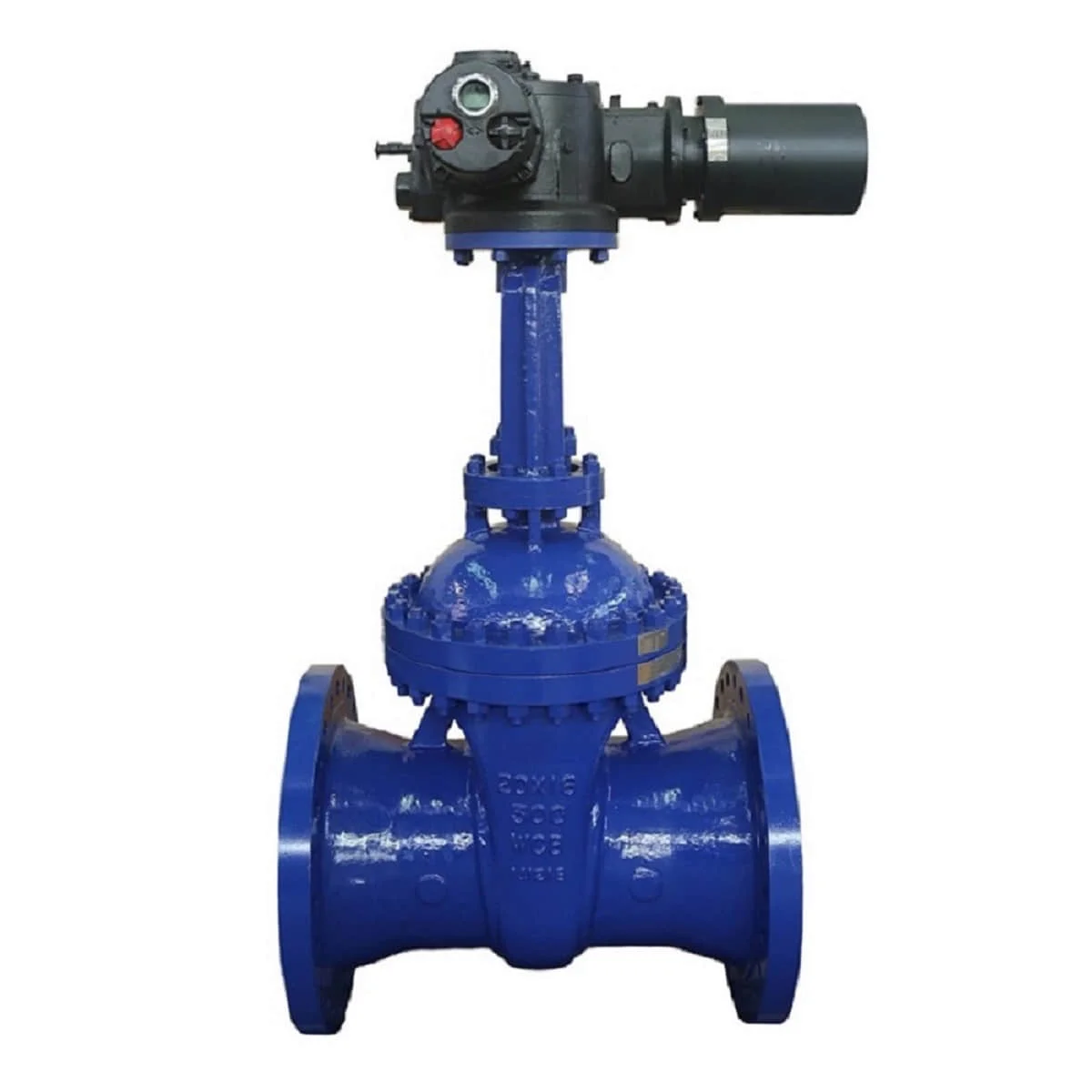
Api 6d and api 600 manual solid wedge gate valves ...
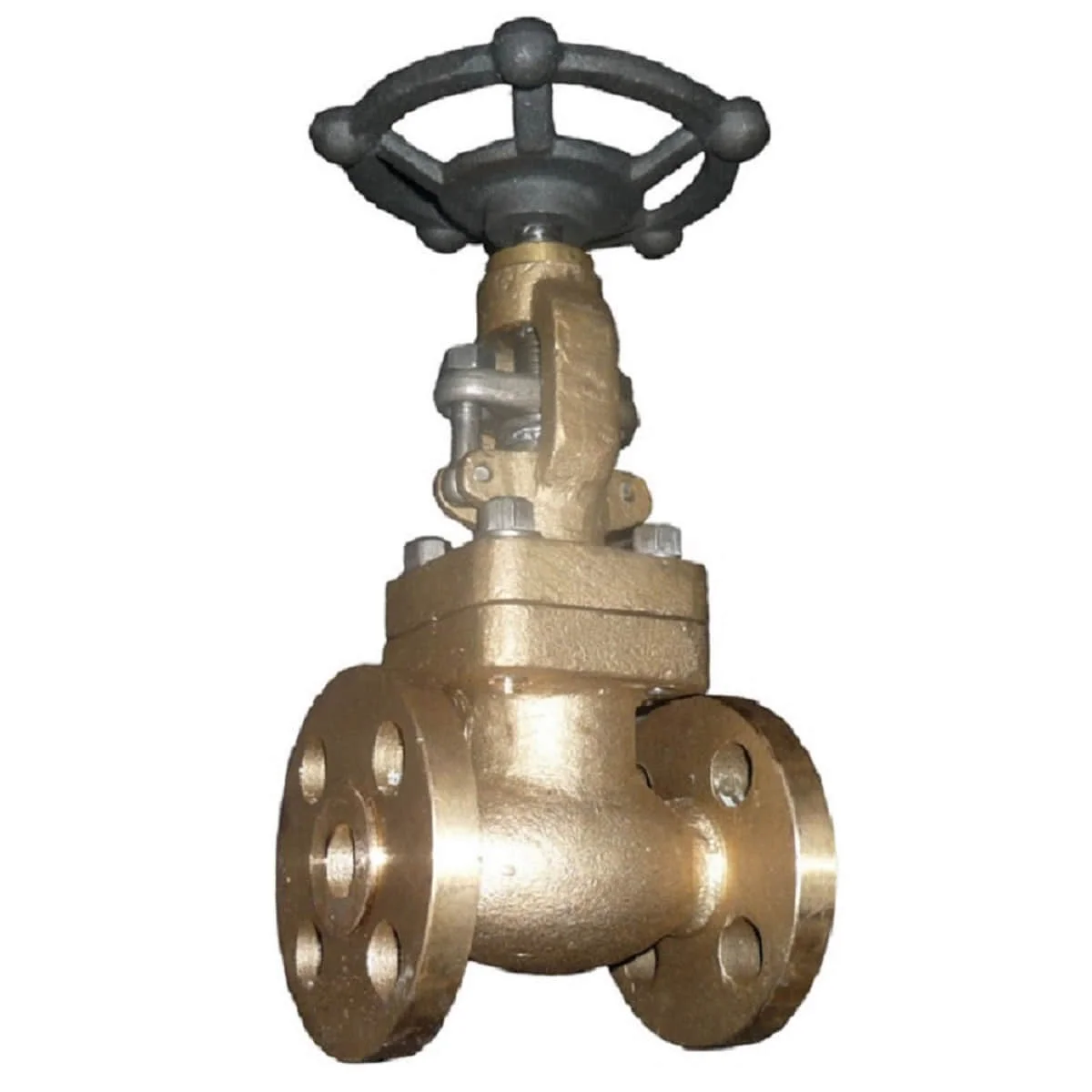
The api 602 copper gate valve ensures reliable low...
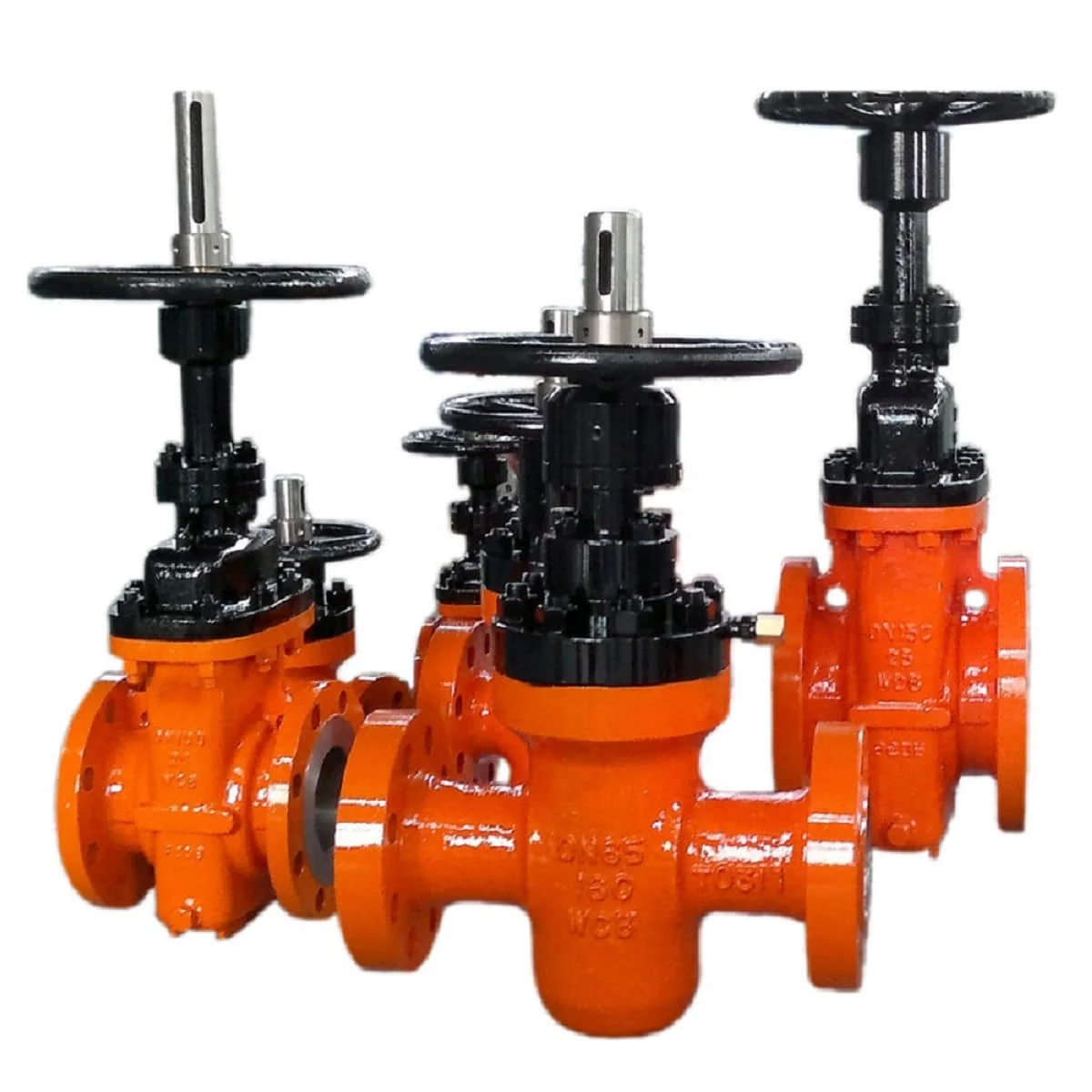
Api 6d slab gate valves are essential components u...
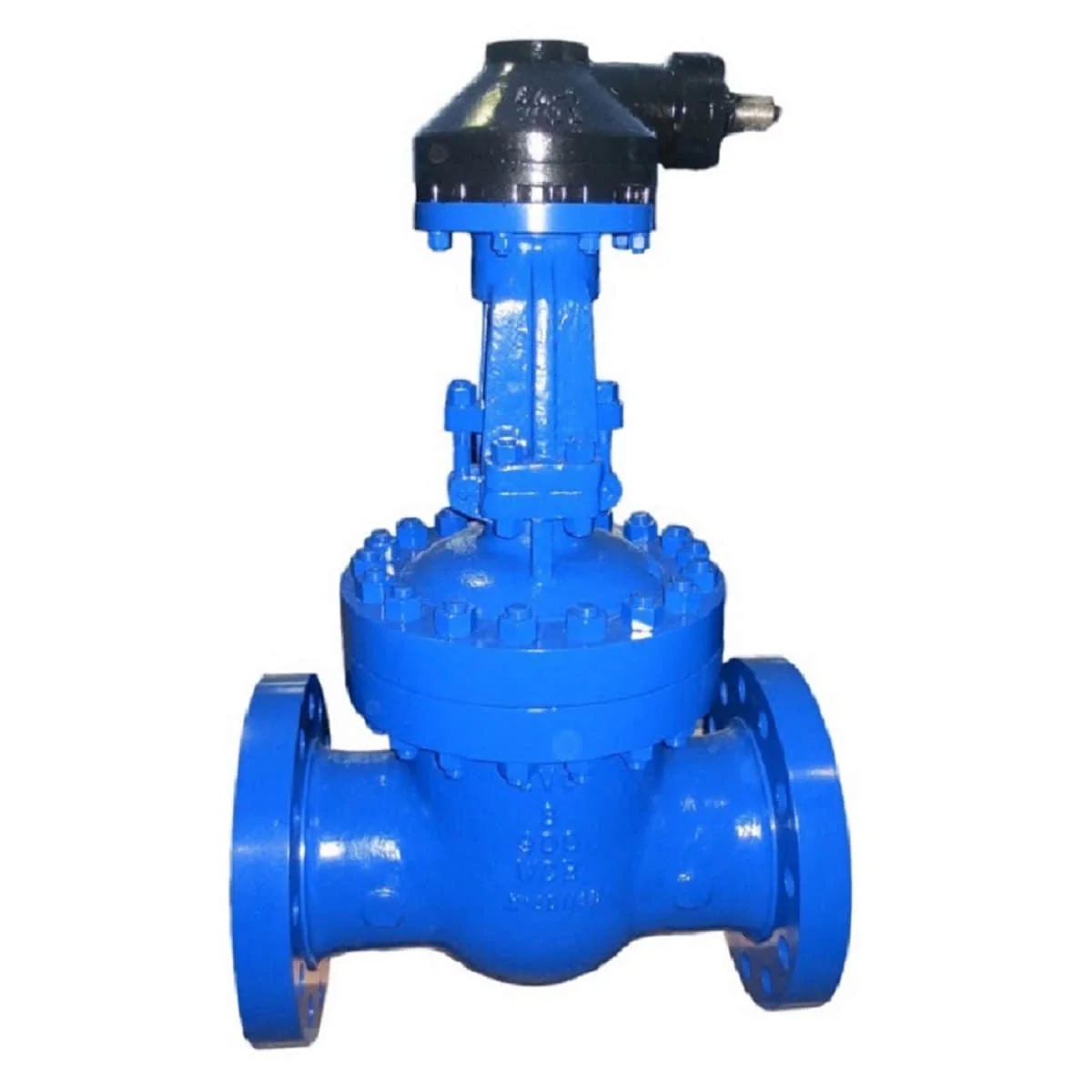
The api 6d api 600 manual gate valve is a high-per...